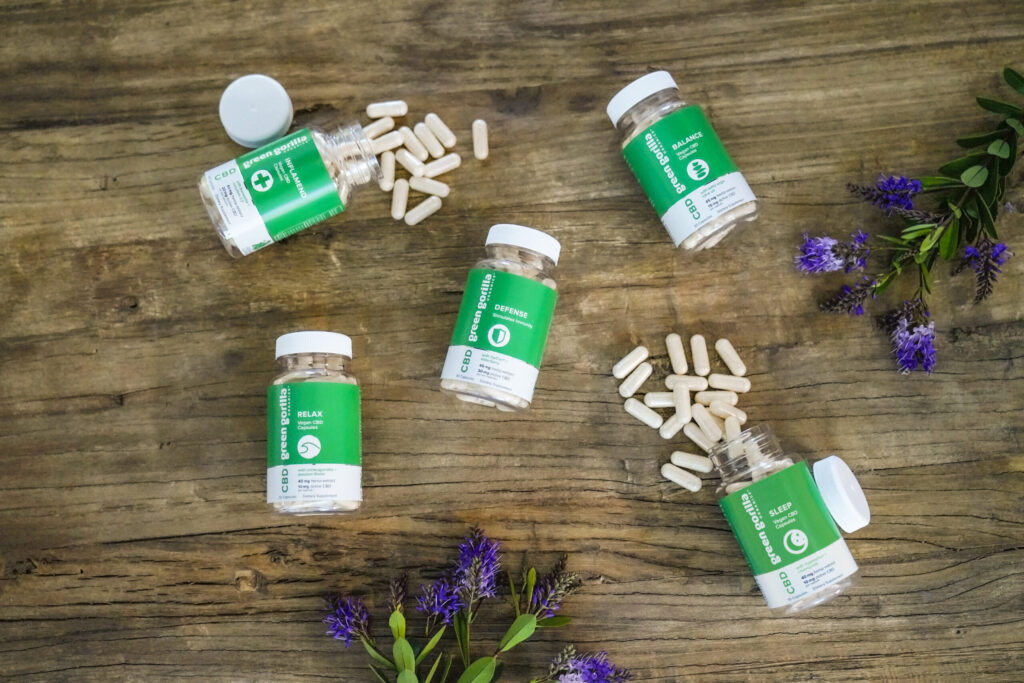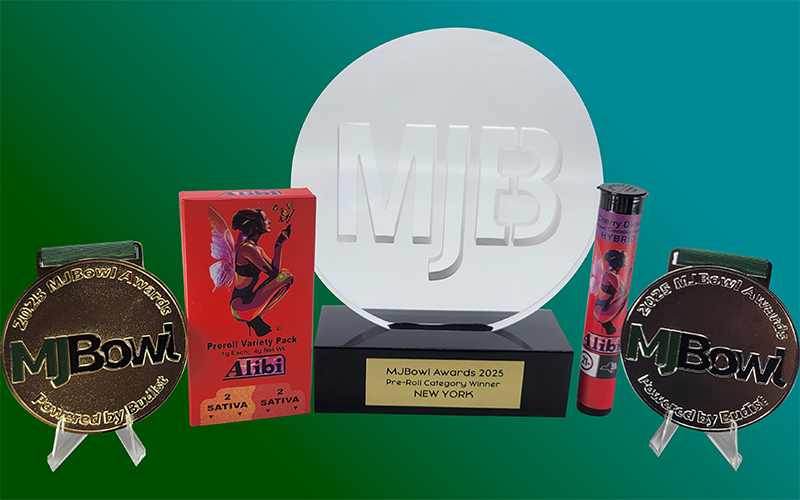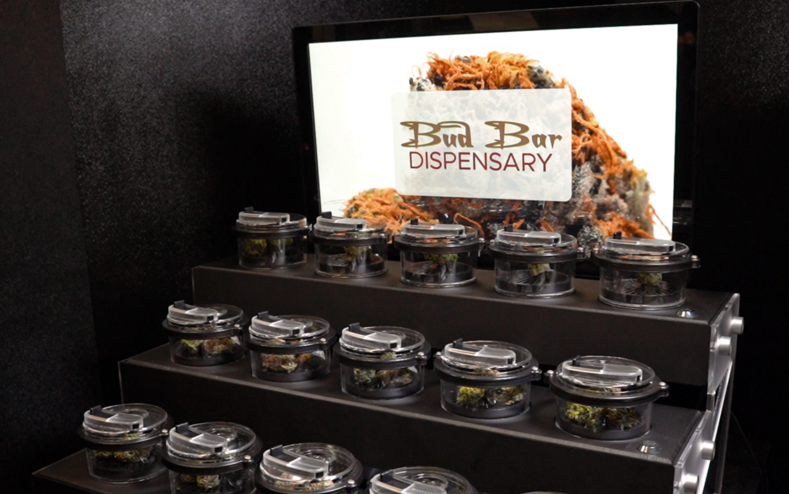When buying cannabis, customers have a growing desire for cultivation transparency and “organic” products.
While cannabis can’t be certified by the FDA as an organic crop due to its Schedule 1 classification, growers can still use organic growing practices to offer their customers healthier, more sustainable products.
But, it’s not just customers who should be interested in organic crops.
Cultivators benefit financially from offering premium products… but, it’s not as easy as it seems to grow organically.
There are a few things you should know before making the switch from traditional farming practices to organic cultivation.
Be Aware of Pesky Contaminants

Kim Stuck, founder and CEO of Allay Consulting, a nationwide compliance strategy and services provider, works with companies that cultivate THC cannabis, hemp, and now psilocybin, to make sure best practices are being followed.
Stuck mentions that the most common mishap she sees is companies not realizing that contaminants could materialize in any part of the growing process.
Due to hemp naturally performing bioremediation, it’s more sensitive to toxins located in the soil.
Stuck shared a story of a consultant in a facility she was working with, who couldn’t figure out why their crops were coming back with traces of a pesticide not found in their facility.
After a thorough investigation, they realized it came from a nutrient acquired from a tradeshow.
Stuck said that they’ve also found nutrients in some fertilizers that contained high lead levels.
“Be aware that you can lose your organic certification if you’re using something on accident that you didn’t mean to use. So, screening everything that comes in the door of your facilities is very important – no matter what,” said Stuck.
You Have to Play by the Rules

Green Gorilla is a cannabis company that experienced the rigorous certification process firsthand and is currently pioneering the organic hemp market as the first-ever USDA Certified Organic Hemp CBD Brand.
They’ve proven themselves through successful test crops and by ensuring every step is done with USDA-organic standards in mind.
All farm activities are overseen by a consultation expert.
“Farming organically and sustainability not only makes our farm-grown organic hemp a premium but also helps our company be environmentally friendly,” said CEO and Founder of Green Gorilla Sir Steven Saxton.
It’s Going To Be A Long Process – But Worth It.

After completing an on-sight inspection, a full review of farm activities, and a comprehensive verification of their inputs to ensure compliance, Green Gorilla’s 1,474-acre Arizona farm was finally certified USDA organic.
All of their products are independently lab tested by multiple facilities to ensure each product is a pesticide, herbicide, and solvent-free.
While the process to achieve an organic certification is no doubt a thorough one – it’s done to ensure quality and safety.
Nearly half of marijuana consumers stated they would pay 50- to 100% more for organic products, according to Consumer Reports research.
Jamie Schau, the International Research Manager with Brightfield Group, stated that “Marijuana users appear to be more demanding, seeking out quality and safety, than typical consumers.”
With competition ramping up, it makes sense for cannabis companies to grow organically, with compliance and safety in mind, both to benefit their customers and to attract an ever more health-conscious market.






